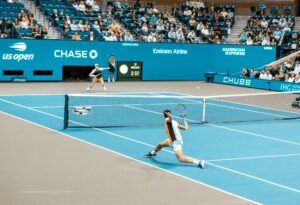- Carbohydrates are essential for energy, opt for complex carbs like whole grains and fruits.
- Prioritize lean protein for muscle repair and recovery, including sources like chicken and tofu.
- Incorporate healthy fats for sustained energy and reduced inflammation.
- Stay well-hydrated with water and consider sports drinks during matches.
- Plan pre-match and post-match meals for optimal performance and recovery.
- Use easily digestible snacks during matches to maintain energy levels.
- Consult a professional for supplements tailored to your specific needs.
Tennis is a physically demanding sport that requires agility, endurance, and mental acuity. To excel on the court, athletes need to fuel their bodies with the right nutrition. In this article, we will explore tennis nutrition and diet tips to help you perform at your best. Whether you’re a professional player or a weekend warrior, optimizing your diet can make a significant difference in your game.
Fuel Up with the Right Carbohydrates
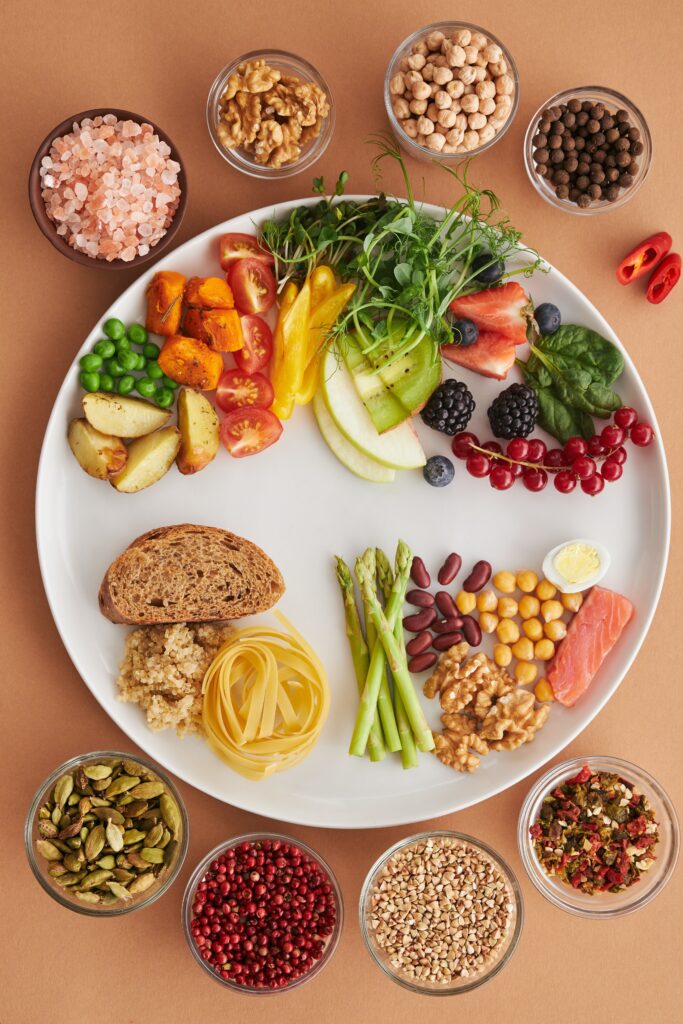
Carbohydrates are the primary source of energy for tennis players. They provide the necessary glycogen stores that fuel intense rallies and sprints on the court. Opt for complex carbohydrates like whole grains, fruits, and vegetables, which release energy steadily throughout the game. Avoid sugary snacks and refined carbs that can lead to energy crashes.
Prioritize Protein for Recovery
Protein is essential for muscle repair and recovery. Tennis players should include lean sources of protein like chicken, turkey, fish, tofu, and beans in their diet. Aim to have a protein-rich meal after your match to aid in muscle recovery and reduce the risk of injury.
Don’t Neglect Healthy Fats in Tennis Nutrition
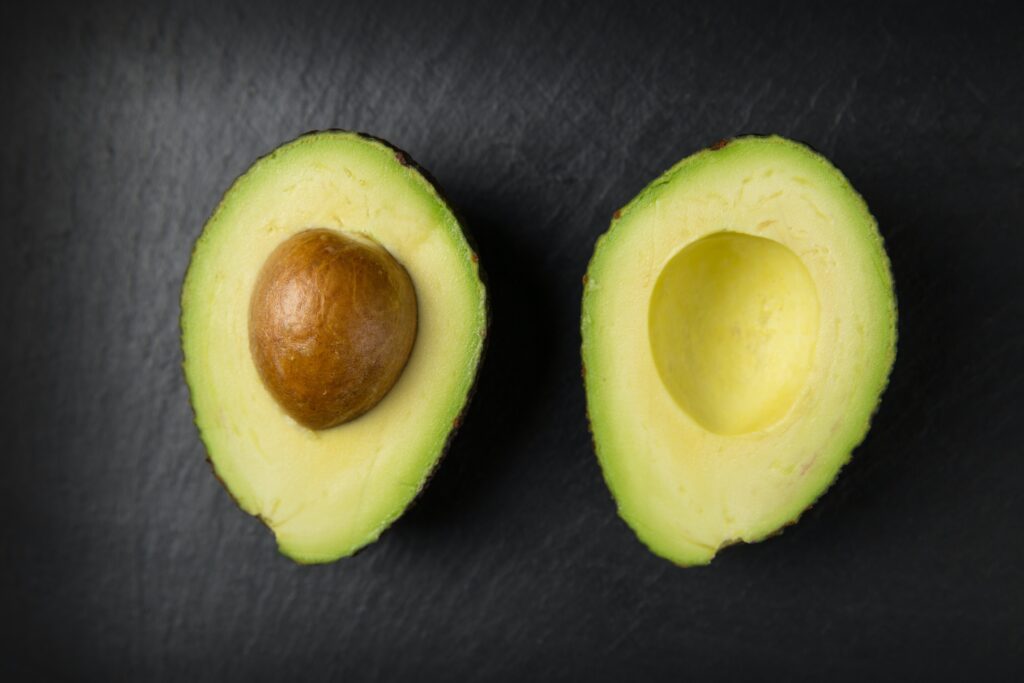
Healthy fats are crucial for overall health and can provide sustained energy during long matches. Include sources of healthy fats such as avocados, nuts, seeds, and olive oil in your diet. These fats can also help reduce inflammation, which is beneficial for recovery.
Stay Hydrated
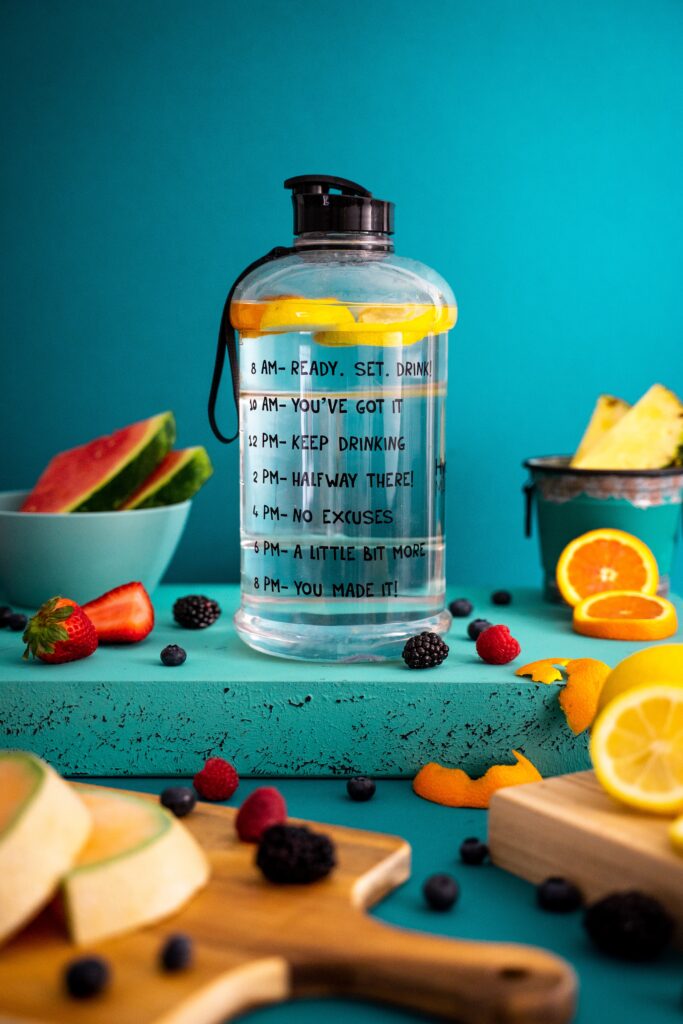
Proper hydration is vital for optimal performance on the tennis court. Dehydration can lead to muscle cramps, decreased focus and fatigue. Drink water regularly throughout the day and consider sports drinks during matches to replenish electrolytes lost through sweating. Monitor your urine color; it should be pale yellow, indicating good hydration.
Pre-Match Tennis Nutrition
What you eat before a match can significantly impact your performance. A well-balanced pre-match meal should consist of carbohydrates, protein and some healthy fats. Opt for foods that are easy to digest, such as oatmeal with bananas and a small serving of yogurt. Avoid heavy, greasy foods that can cause digestive discomfort.
During-Match Tennis Nutrition
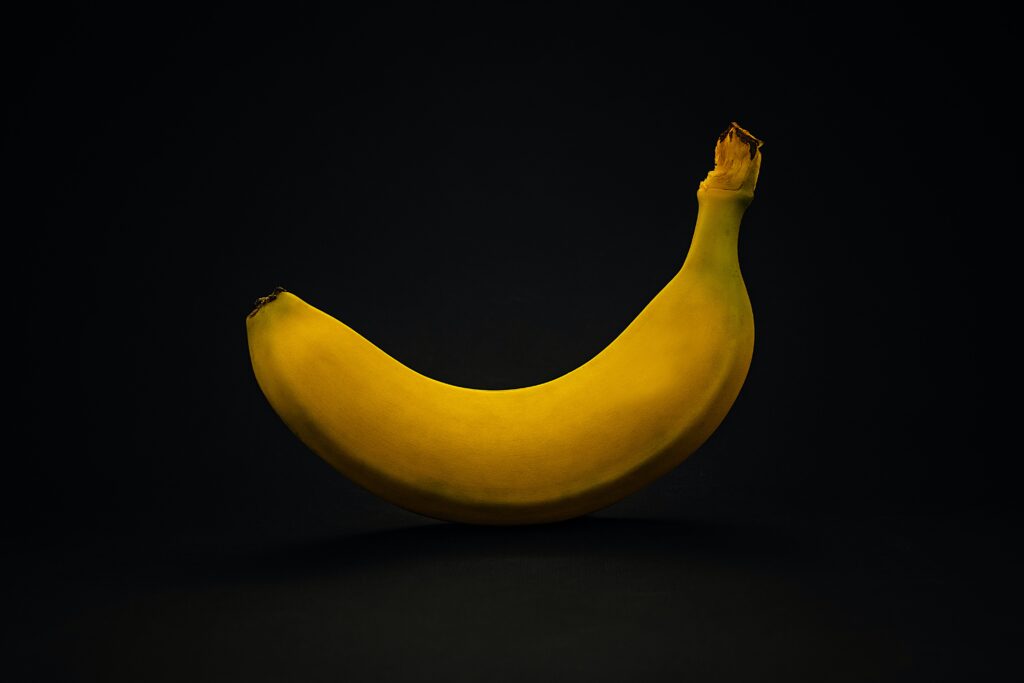
During a match, you’ll need quick energy boosts. Snack on easily digestible carbohydrates like energy gels, granola bars, or bananas during changeovers. These snacks provide immediate energy without causing digestive issues.
Post-Match Recovery
After the game, focus on replenishing lost nutrients and aiding muscle recovery. A post-match meal should include a balance of carbohydrates and protein. Consider a turkey and avocado sandwich on whole-grain bread or a quinoa and vegetable stir-fry. This will help refuel your energy stores and repair muscle tissue.
Plan Your Meals
Consistency in your eating habits is crucial. Plan your meals and snacks to ensure you meet your nutritional needs. This will help you maintain energy levels and avoid the temptation of unhealthy options when you’re hungry.
Supplements for Tennis Players
While it’s best to get your nutrients from whole foods, some tennis players may benefit from supplements to fill nutritional gaps. Common supplements for tennis players include:
- Electrolytes: To maintain proper hydration and electrolyte balance.
- Vitamin D: Especially important if you have limited sun exposure.
- Omega-3 Fatty Acids: For reducing inflammation and supporting overall health.
- Multivitamins: To cover any micronutrient deficiencies.
Consult with a sports nutritionist or healthcare professional before adding supplements to your regimen to ensure they are appropriate for your specific needs.
Listen to Your Body
Lastly, pay attention to your body’s signals. Everyone’s nutritional needs are different. If a specific diet or food makes you feel sluggish or uncomfortable during a match, adjust your choices accordingly. Experiment with different foods and meal timings to find what works best for you.
Conclusion
In the world of tennis, nutrition plays a vital role in achieving peak performance. By fueling your body with the right carbohydrates, proteins, healthy fats, and staying hydrated, you can enhance your endurance, strength, and mental focus on the court. Remember to plan your meals, consider supplements when necessary, and always listen to your body’s cues. With a well-balanced diet tailored to your needs, you’ll be better equipped to ace your game and achieve your tennis goals.
FAQ
Most Frequently Asked Questions and Answers
It’s not advisable to consume sugary snacks or refined carbs before a match. These can lead to energy crashes and may not provide sustained energy throughout the game. Opt for complex carbohydrates like whole grains, fruits, and vegetables to maintain your energy levels during a match.
Healthy fats for tennis players can include avocados, nuts (e.g., almonds, walnuts), seeds (e.g., chia seeds, flaxseeds), and olive oil. These fats not only provide energy but also have anti-inflammatory properties, which can be beneficial for recovery.
Hydration needs vary from person to person and depend on factors like temperature and humidity. A general guideline is to drink water regularly throughout the match and monitor your urine color. It should be pale yellow, indicating good hydration. In intense matches or hot conditions, you may also consider sports drinks to replenish electrolytes lost through sweating.
Yes, heavy, greasy, or high-fiber foods can cause digestive discomfort during a match. It’s best to avoid these types of foods before playing tennis. Instead, opt for easily digestible meals that provide a balance of carbohydrates, protein, and some healthy fats.
While supplements can be beneficial for filling nutritional gaps, they should not be a substitute for a well-balanced diet consisting of whole foods. Whole foods provide a wide range of nutrients and dietary fiber that supplements may not offer. It’s essential to prioritize real food sources whenever possible and use supplements as a complement when necessary.
The right meal timing can vary depending on the individual. It’s essential to experiment and find what works best for you. Generally, a balanced pre-match meal should be consumed 2-3 hours before playing, and easily digestible snacks can be consumed during breaks to maintain energy levels. After the match, focus on a post-match meal to aid recovery.
Absolutely! Nutrition plans should be tailored to your individual goals and needs. Whether you’re aiming for better endurance, strength, or recovery, consulting with a sports nutritionist can help you create a personalized plan that aligns with your tennis goals and overall health objectives.

